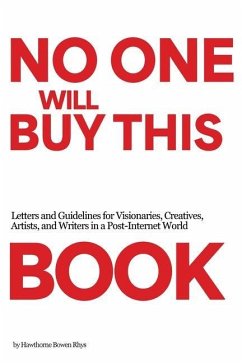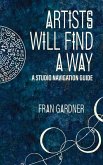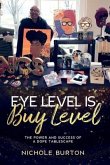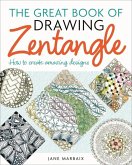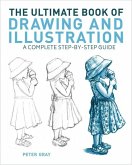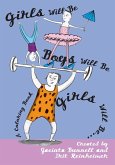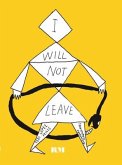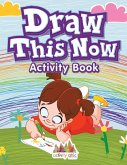No One Will Buy This Book: Letters and Guidelines for Visionaries, Creatives, Artists, and Writers in a Post-Internet World is intended for a specific and often disillusioned audience of creative professionals and fits into a compelling blend of practical and thematic categories. Intended Audience This book is directly aimed at "Visionaries, Creatives, Artists, and Writers in a Post-Internet World". It speaks to those who were drawn in by the "myth" of the "creative class" and the internet's promise of a "boundless frontier where talent alone could forge success". However, it specifically targets those who have since discovered the "brutal truth" that "relentless economic forces... chew up dreamers and spit out debts". The book is for "disillusioned creatives" [Afterword] who recognize that the "digital age's 'freedom' became a cage", leading to "crippling debt or complete burnout" from the "madness that consumes your soul without giving anything back". It is for artists who are "drained by the internet's empty promises" and are ready to "Stop Feeding the Beast" of algorithmic platforms. Ultimately, the audience comprises creative individuals seeking "autonomy, skill mastery, community connection, and profound resilience" by building a "modest, robust financial foundation" and a "life on [their] own terms" through a "slow, scrappy, bootstrap grind". Categories Given its unique blend of critique, practical guidance, and tone, No One Will Buy This Book can be categorized as follows:Business & Economics / Industries / Arts & Entertainment / Professional Practices: The book functions as a "blistering, darkly comedic autopsy of creative ambition in the digital age" [Book Summary]. It meticulously reveals the "ruthless numbers" behind IP creation and how "95% of original IPs fail to recoup". It dissects the "modern creative economy", offering "pragmatic, hybrid models for creative survival". The book provides insight into "Financial acumen" and managing "cash flow" for creatives. Crafts, Hobbies & Home / Skill-Based Livelihoods: A central theme is the return to "mastery of craft" and "tangible skills" as a means of survival. It proposes a "Skill-Based Guild Model" focused on "tangible, income-generating crafts and trades" like "Woodworking," "Metalwork," "Ceramics," "Tailoring & Textile Repair," and "Furniture Making & Repair". The emphasis is on skills that are "locally essential and resistant to outsourcing or AI replacement". Self-Help / Career & Professional Development: The book serves as a "map-not just of loss, but of learning", providing "Guidelines" [Title] and "hard-earned wisdom". It offers a "Roadmap" to help artists build "resilience, collaboration, embracing setbacks, and building a patchwork of income streams". It redefines "thriving" beyond monetary wealth to include "autonomy, skill mastery, community connection, and profound resilience". Social Sciences / Economic Sociology / Cultural Studies: The book critically examines the "myth" of the "creative class" and explores the "seismic economic shift" that commodified creativity. It delves into the societal impact of "algorithmic dependency and digital mirage" and advocates for "tangible micro-solidarity" and "community rooting" as an antidote to isolation. Humor / Black Comedy: Despite its serious subject matter, the book maintains a "tongue-in-cheek black comedy" tone [Book Summary]. This is exemplified by its personification of indifferent economic forces as "the Misha Sipokni Colossus" which "chuckles" and "bellows-not in rage, but in laughter" at the artist's numerous failures.
Bitte wählen Sie Ihr Anliegen aus.
Rechnungen
Retourenschein anfordern
Bestellstatus
Storno

